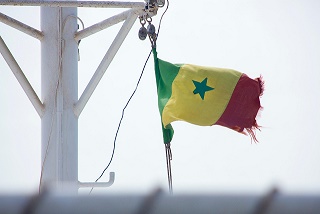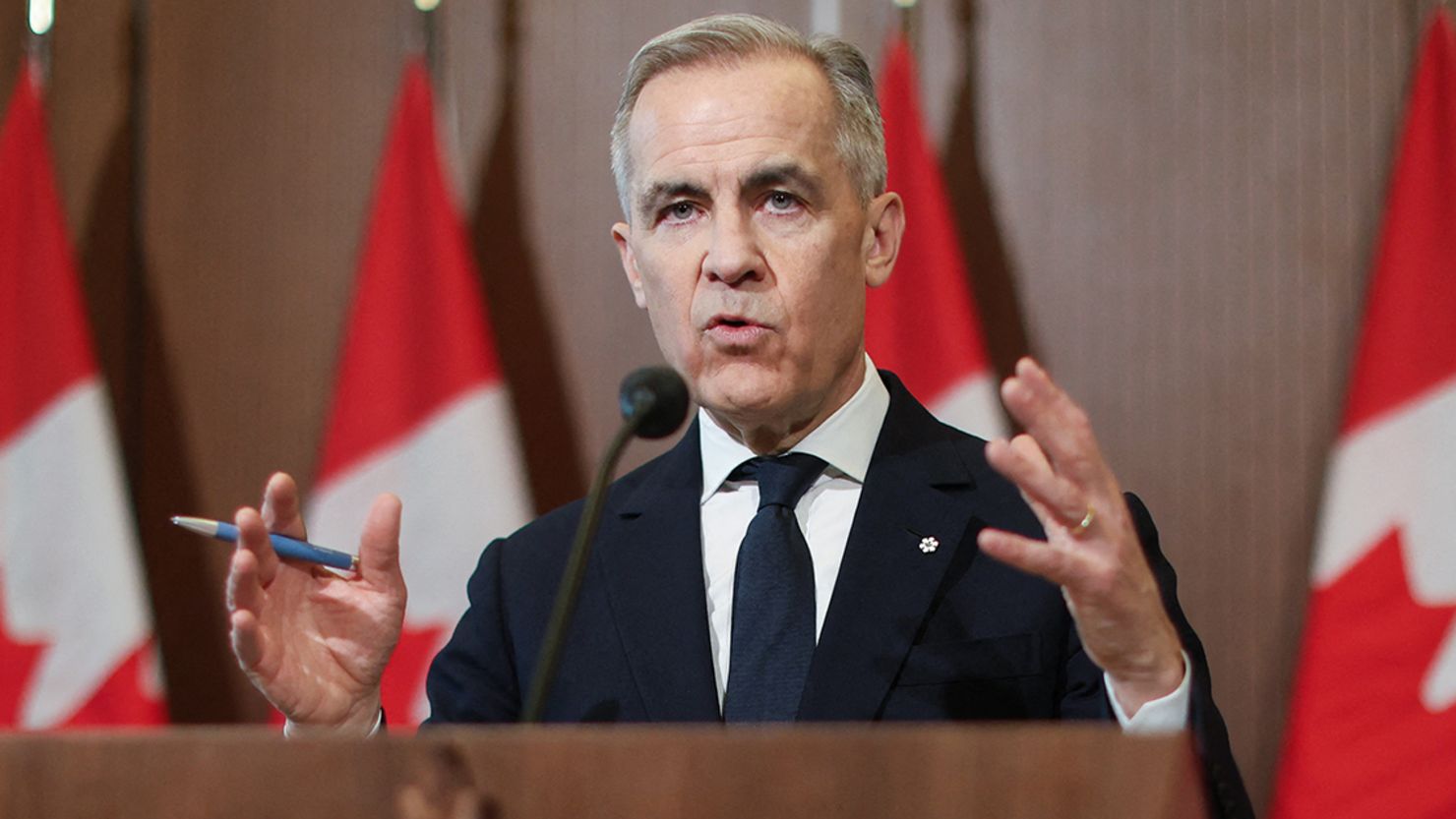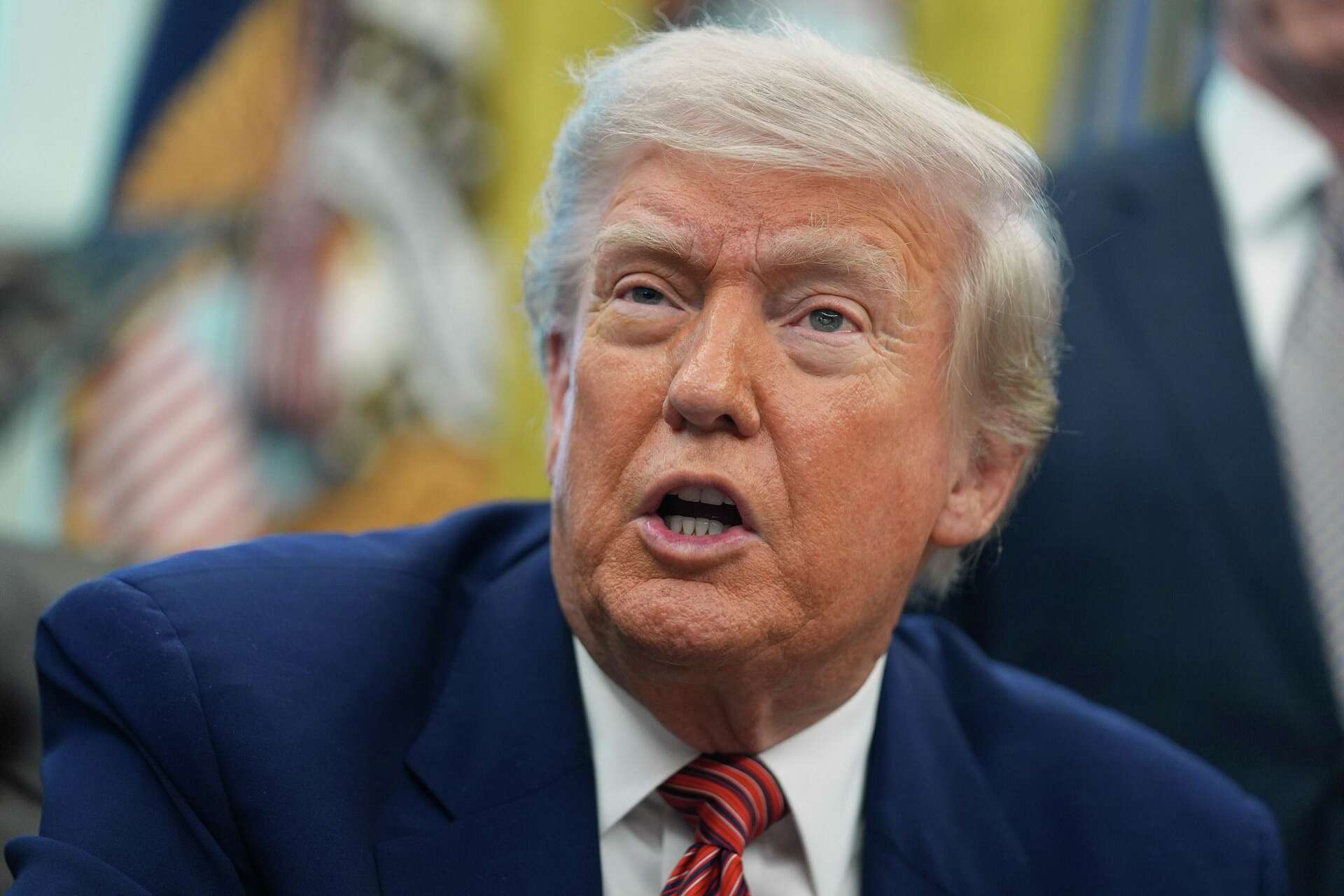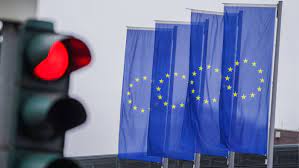Ukraine reaffirmed its commitment to strong ties with the United States on Tuesday after President Donald Trump ordered a suspension of U.S. military aid, a move that followed a public confrontation with Ukrainian President Volodymyr Zelensky.
Trump’s abrupt decision has heightened concerns in Ukraine and across Europe that Washington is shifting its stance away from its allies and closer to Moscow.
“Ukraine is absolutely determined to continue cooperation with the U.S.,” Ukrainian Prime Minister Denys Shmygal told reporters. “The U.S. is an important partner, and we need to preserve this relationship.”
Shmygal emphasized the significance of U.S. and Western security assurances for Ukraine and Europe, adding that Kyiv remains prepared to sign a strategic minerals extraction agreement, a key demand from Trump.
The prime minister’s statement came in response to the aid suspension, a decision that sent shockwaves through Kyiv but was welcomed by Moscow. Kremlin spokesperson Dmitry Peskov described it as a move that “could really push the Kyiv regime towards a peace process.”
“If the United States halts military supplies, this could be the best contribution to peace,” Peskov added.
European Response and Rising Tensions
The European Union, which has been excluded from U.S.-Russia discussions over a potential Ukraine truce, has ramped up its efforts to support Kyiv. The urgency increased following a heated White House meeting between Trump and Zelensky on Friday, during which Trump warned the Ukrainian leader that he “won’t be around very long” without a ceasefire agreement with Moscow.
In response, European Commission President Ursula von der Leyen on Tuesday unveiled an EU plan to mobilize approximately €800 billion ($840 billion) for European defense, enabling member states to significantly increase military support for Ukraine.
NATO and Polish Concerns
Poland criticized the U.S. decision, noting that Washington had not consulted NATO allies before implementing the aid freeze. Prime Minister Donald Tusk indicated that the impact of the suspension was already evident at Poland’s logistics hub for Ukraine.
“Reports from the border and our logistics centers confirm the American announcements,” Tusk said, without providing further details.
According to The New York Times, the suspension affects hundreds of millions of dollars in military equipment that was in the process of being delivered to Ukraine.
Ukrainian Public Reaction
The decision has sparked anger and anxiety among ordinary Ukrainians, who view it as a betrayal.
“It feels like a stab in the back,” said Sofia, a 33-year-old financial assistant in Kyiv.
“Trump wants Ukraine’s surrender, the deaths of our people, and the loss of our territories,” said army volunteer Sergiy Sternenko on Telegram.
Volodymyr Perkhrest, a 48-year-old military recruiter in Kyiv, warned that the aid halt could shift the war’s dynamics. “Everything can change. I don’t think Europe alone can meet our needs,” he said.
Diplomatic Maneuvers and Strategic Shifts
Despite the crisis, Prime Minister Shmygal pledged that Ukraine would do “everything to hold out.” Zelensky’s aide, Mykhailo Podolyak, stated on X that Kyiv was “discussing options with our European partners.”
Zelensky has yet to comment publicly on the aid freeze. Last week, he visited Washington intending to finalize a multi-billion-dollar minerals deal, but the negotiations fell apart after his clash with Trump and U.S. Vice President JD Vance.
Trump, who has labeled Zelensky a “dictator,” criticized Ukraine’s leadership for lacking gratitude toward American assistance.
Zelensky, in turn, accused Trump of falling victim to a “disinformation space” orchestrated by Russia, which he claims is not genuinely seeking peace.
As Ukraine continues to push for robust security guarantees, its NATO membership bid remains blocked by U.S. opposition. Consequently, Kyiv is exploring alternative security measures backed by Western allies.
Following emergency talks in London over the weekend, Britain and France are considering a proposal for a one-month Ukraine-Russia ceasefire covering air, sea, and energy infrastructure, with the possibility of deploying troops to enforce the agreement.










